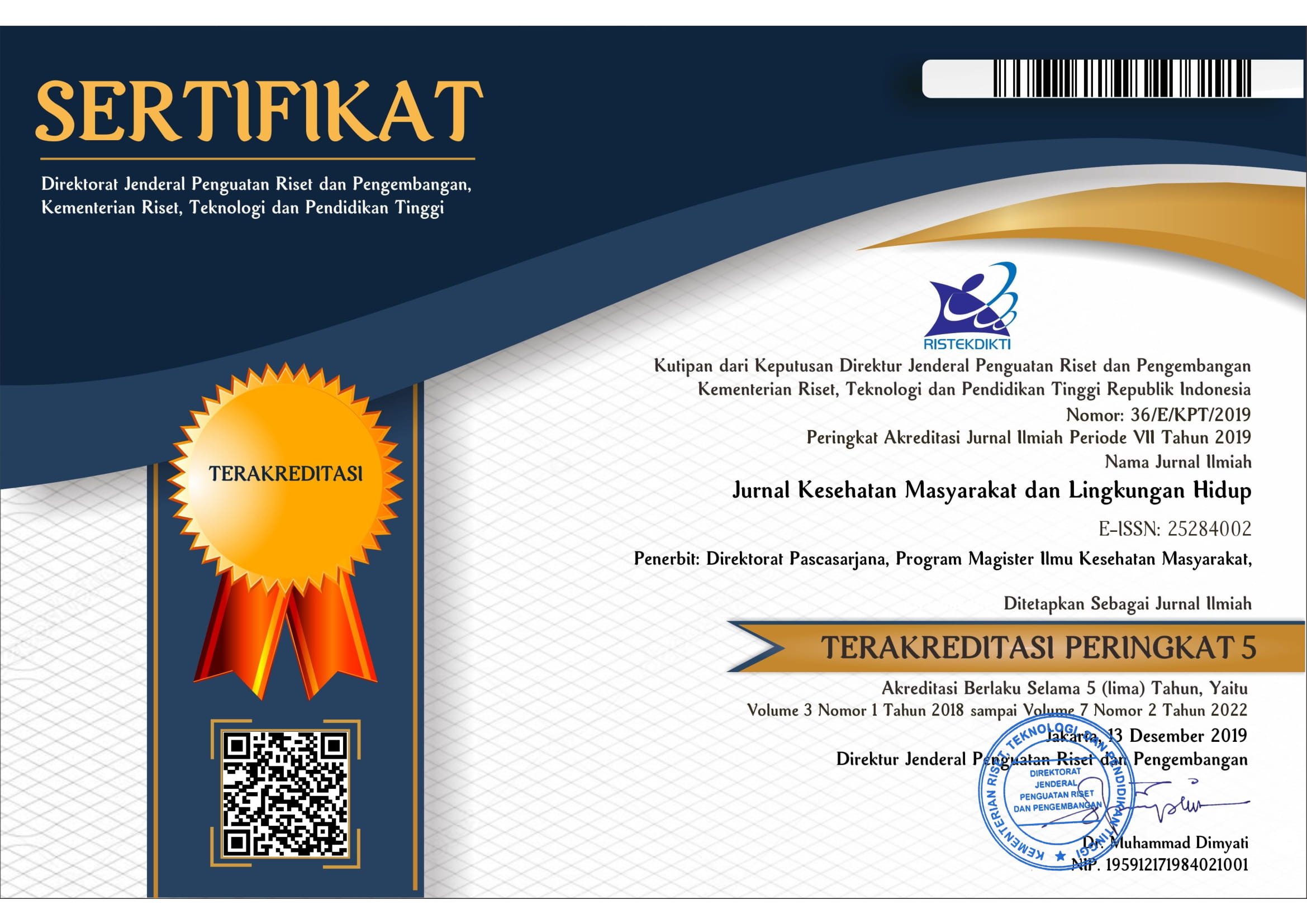PENGOLAHAN SAMPAH DENGAN TEKNIK LANDFILL DI TPA SARIMUKTI YANG MERUSAK LINGKUNGAN SUNGAI WALUNGAN CIPICUNG DESA SARIMUKTI
DOI:
https://doi.org/10.51544/jkmlh.v8i1.3785Keywords:
Management, Garbage, LandfillAbstract
The explosion of the Leuwigajah Landfill in 2005 caused the transfer of the landfill to Sarimukti, a resident of the village Sarimukti was forced to give up his profession, which was originally a farmer and a trader, now they become scavengers. Because more promising income can also be done at any time. Although there are those who earn a little depending on the hours and results of garbage. The author wants to reveal about management Sarimukti Landfill waste which is increasingly in the media and public attention. It also reveals many facts and data related to management as well as the inhibiting factors for the disposal process at the Sarimukti Landfill. The processing technique used by Sarimukti Landfill still uses landfill techniques, namely dumping and stockpiling. Because the garbage overload at the Sarimukti landfill has disrupted the environment, one of which is the Walungan Cipicung River. Wastewater from garbage makes the river unusable for the residents of Sarimukti Village.
Downloads
References
Andriyanto, D. (2021). 5 Negara ini Penyumbang Sampah Plastik Terbesar di Dunia, Indonesia Urutan Ke-3.
Artayasa, I. P., Pendi Rosadi, Wahyu, Nurhasanah, & Via Franciska Yolanda Putri. (2022). Pengelolaan Sampah Dalam Upaya Mitigasi Bencana Alam Di Desa Seriwe Kecamatan Jerowaru Lombok Timur. Jurnal Pengabdian Magister Pendidikan IPA, 5(2), 27–32. https://doi.org/10.29303/jpmpi.v5i2.1562
Cresswell, J. (2012). Educational research : planning, conducting, and evaluating quantitative and qualitative research.
Izharsyah, J. R. (2020). Analisis Strategis Pemko Medan Dalam Melakukan Sistem Pengelolaan Sampah Berbasis Open Dumping Menjadi Sanitary Landfill. Jurnal Ilmiah Muqoddimah: Jurnal Ilmu Sosial, Politik Dan Hummanioramaniora, 4(2), 109. https://doi.org/10.31604/jim.v4i2.2020.109-117
Suryani, A. S. (2014). Peran Bank Sampah Dalam Efektivitas Pengelolaan Sampah (Studi Kasus Bank Sampah Malang). Jurnal Aspirasi, 5(1), 71–84.
Wasliah, I., Romadonika, F., & Putri, A. H. (2022). Hubungan paparan asap pembakaran gerabah dengan kejadian ispa pada balita. Jurnal Kesehatan Masyarakat Dan Lingkungan Hidup, 7(2), 104–113.
Widyaningrum, Laras, G. (2020). Studi: Jumlah Sampah di Bumi Akan Mencapai 1,3 Miliar Ton Pada 2040.
William, C. (2007). Research methods. In Journal of Business & Economic Research (Vol. 3, pp. 65–72). https://doi.org/10.1017/9781108656184.003
Wisarja, I. K., & Sudarsana, I. K. (2017). Praksis Pendidikan Menurut Habermas (Rekonstruksi Teori Evolusi Sosial Melalui Proses Belajar Masyarakat). IJER (Indonesian Journal of Educational Research), 2(1), 18. https://doi.org/10.30631/ijer.v2i1.33
Downloads
Published
How to Cite
Issue
Section
License
Copyright (c) 2023 Qois Zakiyatuddin, Nala Nandana Undiana; Irwan Sarbeni

This work is licensed under a Creative Commons Attribution-ShareAlike 4.0 International License.














